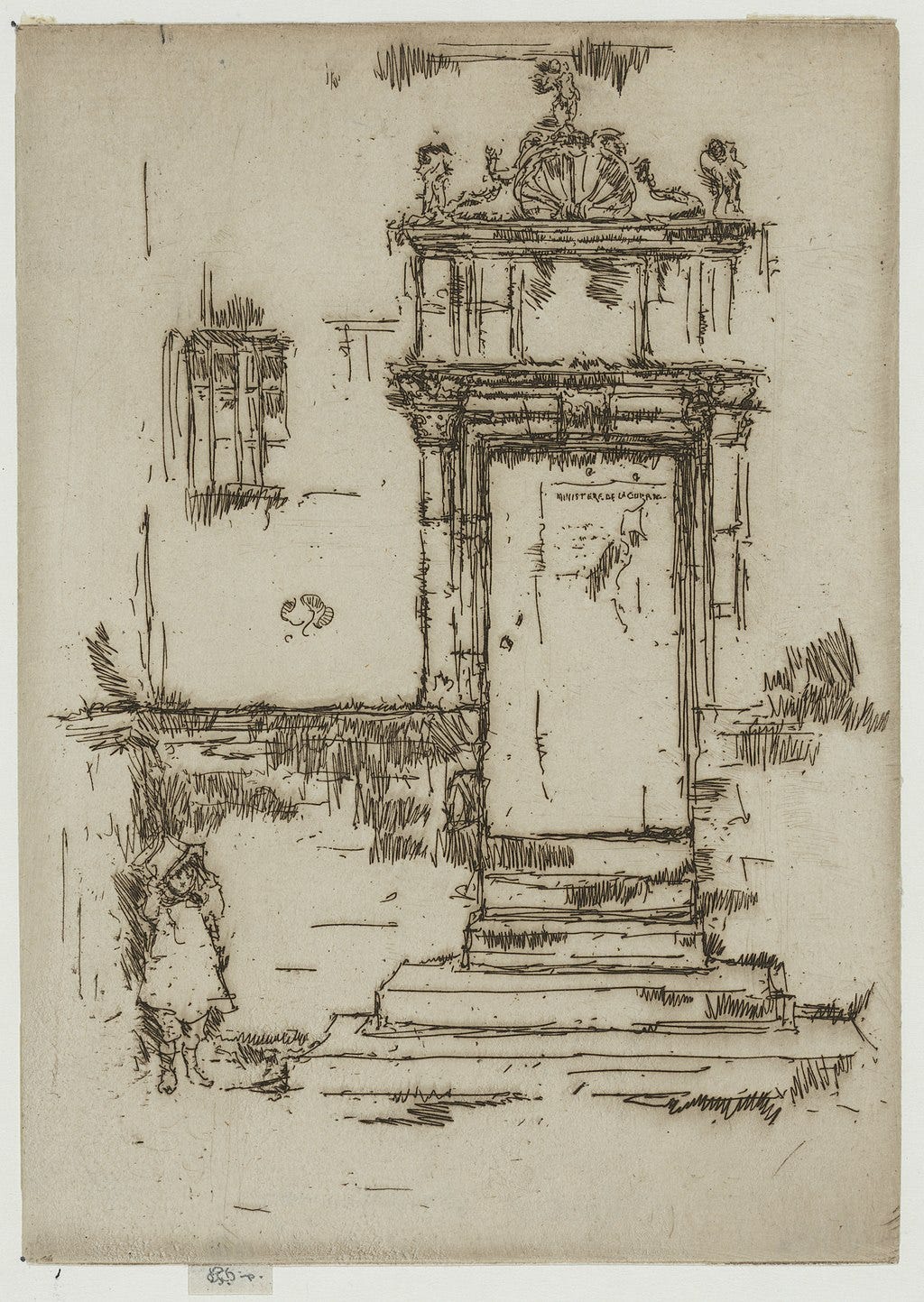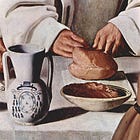This is part of a series of posts on The Prolongation of Life.
For full citations and meaning of abbreviations, see Introduction and Bibliography.
Continuing from:
Summary
Laying oneself open to experience
The curse of the “Imaginary I”
The ordering of the fixing of new impressions
The furnishing of centres
Saving time by depth of experience
Slavery to events or being here now
In the previous few articles, we have been looking at experience as a potential medicine, or, on the contrary, a poison, that affects the duration of existence. This is with the object of trying to understand something of Gurdjieff's thought around the subject of the prolongation of life, whether it be to do literally with the length of the life of the body, or whether it refers to the duration of the capacity for attentiveness, or both at the same time, or something quite else.
Experience seems to be about the combined process of the receiving, fixing and replaying of impressions. Gurdjieff spoke of impressions as being a kind of food.1 One could perhaps compare the ingestion, absorption and assimilation of impressions to that of ordinary food and drink. Good quality food is important, and also the quantity – neither too much nor too little at a time.
Gurdjieff speaks about the necessity of laying oneself open to experience, instead of contenting ourselves with other people’s fantasies and forming from them illusory conceptions.2 We are not usually open to experience, which seems to me to be about seeing oneself as one is, without the comforting veil of self-delusion. How does one open to experience? How does one open to knowledge of oneself? An important aspect seems to be not running away from the discomfort of glimpsing truth, and not forgetting it. The greater the duration of an awareness of the outer and inner world at the same time, the more there seems the possibility of such an opening, and thus of transforming the fine energy or substance of impressions. I submit to what is.
Maurice Nicoll talks about “Imaginary ‘I’ ” that prevents us from seeing ourselves, and that we are allowed to observe ourselves only once we begin to see faintly how possibly unimportant is our usual use of the word “I”3; the “I” being a truly precious thing which should not be squandered and mixed with lower things.4 He says,
Gradually your observation must become complete observation so that all the feeling of I is withdrawn from [your bad ‘I’s]. Then they vanish. You are released from possession by them.5




